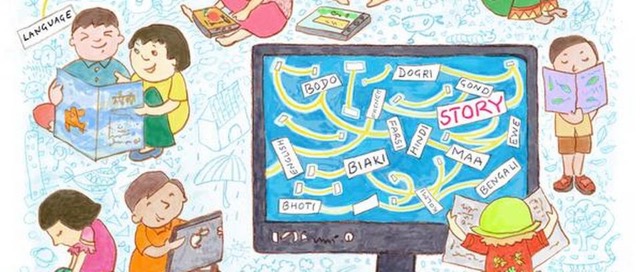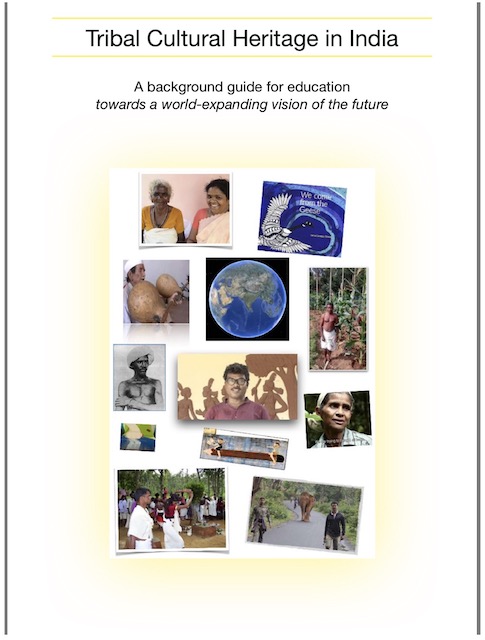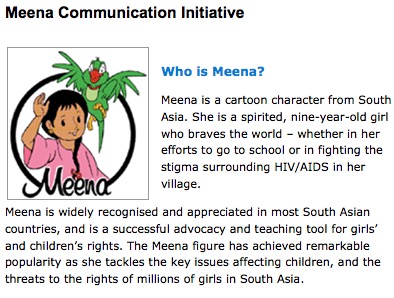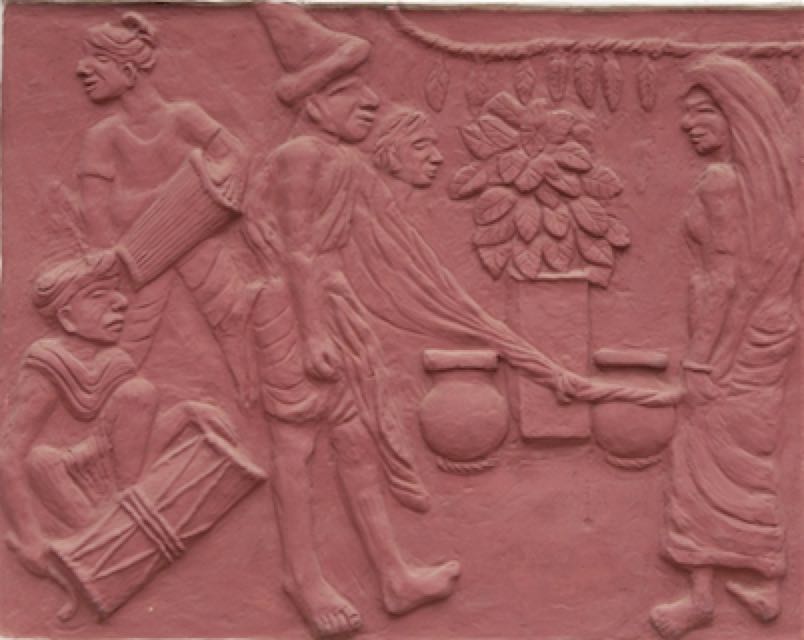“All of us can live a meaningful life here on earth by co-creating, mutual cooperation and consonance. In this way, we can live our days together, and die in dignity.” – Oraon Adivasi poet, writer and freelance journalist Jacinta Kerketta in The Adivasi Way Of Life At Stake in Outlook Magazine (backup) | Poetry >>
“Even though they are responsible for protecting the largest part of the global forest heritage […] a third of indigenous and community lands in 64 countries are under threat due to the lack of land tenure rights.” – Pressenza Rio de Janerio in “Indigenous people are heading to CoP26: ‘There is no solution to the climate crisis, without us‘” (Down To Earth) | Forest dwellers in early India – myths and ecology in historical perspective by Romila Thapar >>

Mongabay-India contributors >>
Mongabay-India is a nonprofit environment and conservation news platform that brings high-quality, original reports from nature’s frontline in India. We look at India’s development through the prism of environment and conservation >>
“From transforming barren lands into forests, to practicing planet-friendly organic farming in the backyards, the permaculture movement is led by youngsters who believe in reconnecting with the ancient roots and re-establishing a connect with nature.” – Babli Yadav (Mongabay-India) in India’s permaculture movement is being taken forward by young people >>
More about Biodiversity | Economy and development | Health and nutrition | Success stories | Women >>

Posts | Adivasi Munnetra | Kaathadi >>
Kaathadi: Vidyodaya Maths and Science Resource Centre YouTube channel
(lessons for Tamil and English medium education)
To support educational projects please contact vbvtgudalur@gmail.com
Whether “tribe” is preferred over Adivasi (Adibasi) depends on local conventions, official usage and historical context; see also Classifications in different states and Who are Scheduled Tribes? >>

“We have to write our own stories, about our issues, from our own perspectives” – Abhay Xaxa >>
“In India, the term ‘tribe’ has referred, since the 16th century, to groups living under ‘primitive’ and ‘barbarous’ conditions. The colonial administration used the term to distinguish peoples who were heterogeneous in physical and linguistic traits and lived under quite different demographic and ecological conditions, with varying levels of acculturation and development. In the various countries of South Asia, tribal peoples were often called by derogatory terms such as jungli (‘savage’) during the colonial period.” – Marine Carrin, General Introduction to Brill’s Encyclopedia of the Religions of the Indigenous People of South Asia >>
“[I]t is some of the basic values and ideology imbibed in the traditional tribal socio-cultural milieus that should have been emulated and promoted amongst the non-tribal mainstream, not, as has been going on, the other way round.” – Arup Maharatna (Professor, Gokhale Institute of Politics and Economics, Pune), in Who Is Civilised?’: In Praise of Tribal Traditions, Society, and Culture in India”, Mainstream, Vol XLVIII, No 40 (September 25, 2010) >>
“The practice of religious rituals, ceremonies and sanctions by specific cultural groups allow such sacred landscapes to be maintained, emphasizing that humans are intrinsically part of the ecosystem. Taboos, codes and customs specific to activities and community members restrict access to most sacred groves. […] The inclusion of local people’s needs and interests in conservation planning is increasingly accepted as essential, both to promote the well-being of human populations, and to ensure that biodiversity and conservation needs are met in the long-term.” – Nazir A. Pala, Ajeet K. Neg and N.P. Todaria in “The Religious, Social and Cultural Significance of Forest Landscapes in Uttarakhand Himalaya, India” (International Journal of Conservation Science, Vol. 5, Issue 2, April-June 2014) | Sacred groves | Biodiversity and development – Himalaya >>

“Many ST seats [reserved for students from Scheduled Tribes] are not filled in professional colleges because the candidates are not found suitable.” – Santali poet, scholar and translator Dr. Ivy Imogene Hansdak in Presidential elections: An Adivasi in high office (Indian Express) | Interview >>
“English newspapers are worse than Hindi on representing Dalit, Adivasi writers.” – (The Caravan, 3 August 2019) >>
“Tribal communities are a standing example of how women play a major role in preservation of eco historic cultural heritage in India.” – Mari Marcel Thekaekara (writer and Co-Founder of ACCORD-Nilgiris) | Learn more >>
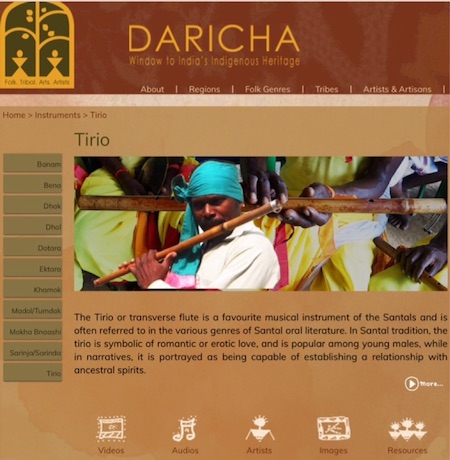
YouTube channel >>
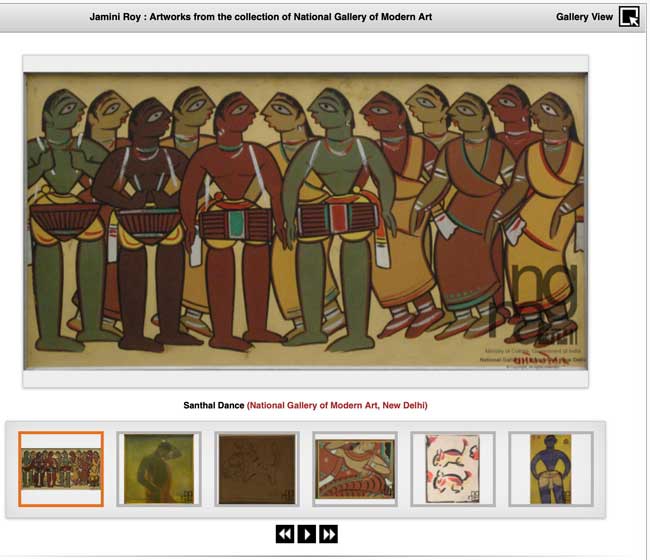
View this slideshow and more: National Gallery >>
Related: Crafts and visual arts | Santiniketan | Tagore | Tribal identity >>
UNESCO World Heritage Centre >>
Multimedia and online tools
- Audio resources – external
- Books on tribal culture and related resources
- eBook download sites
- Take a guided tour of this website
- PDF printfriendly
- Photos and slideshows
- Safe Search website: Free online tools for use by teachers and pupils
- Video contents (foundation) | more (external)
- “Biodiversity” | Inherited knowledge and its value for modern healthcare & using resources in a sustainable manner – M S Swaminathan Research Foundation
- Cultural traditions of the Halakki people – Karnataka
- Human Trafficking: to “understand what it really means” – Freedom United
- Kaathadi YouTube channel – Vidyodaya Resource Center
- Khasi musical heritage – Meghalaya
- Madia of central India – Maharashtra
- Kota community in the Nilgiri mountains – Tamil Nadu
- Santali puppetry (Chadar Badar) performance at the Crafts Museum New Delhi
“We shall first have to give up this hubris of considering tribes backward. Every tribe has a rich and living cultural tradition and we must respect them.” – Vice President M. Venkaiah Naidu on the constitutional obligation to respect the cultural traditions of India’s tribal communities
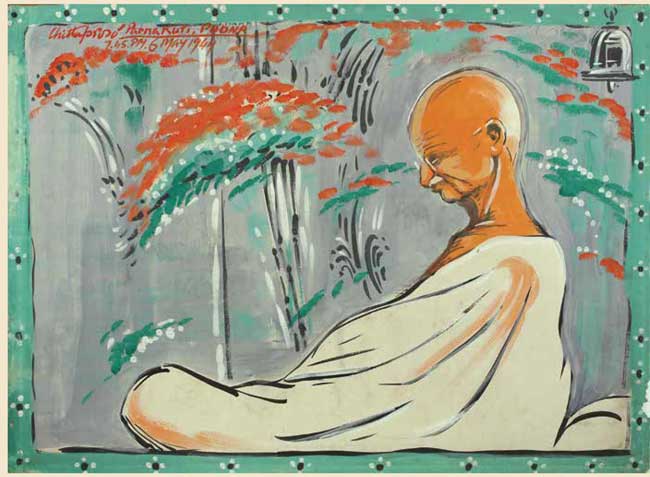
Gandhian social movement | Constitution | Adverse inclusion >>
“Air is free to all but if it is polluted it harms our health… Next comes water… From now on we must take up the effort to secure water. Councillors are servants of the people and we have a right to question them.” – Mohandas K. Gandhi, Ahmedabad address on 1 January 1918; quoted by his grandson, Gopalkrishna Gandhi, in “On another New Year’s Day: Mahatma Gandhi’s ‘khorak’ a 100 years ago” (The Hindu, 1 January 2018)
“The world has enough for everyone’s need but not for anyone’s greed.” – Mahatma Gandhi quoted by Medha Patkar and Baba Amte (Narmada Bachao Andolan)
“If contemporary India is finding it so difficult and even offensive to swallow the idea of secularism, supposing it to be a foreign import from the West that colonized the country and still colonizes our imagination, might it find some succour in the idea of ‘cultural democracy’? It is perhaps time that we started thinking about how the language of ‘cultural democracy’ [envisaged by Gandhi] without shedding the past.” | Vinay Lal (Professor of History & Asian American Studies, University of California, Los Angeles UCLA) in Gandhi, Secularism, and Cultural Democracy >>
